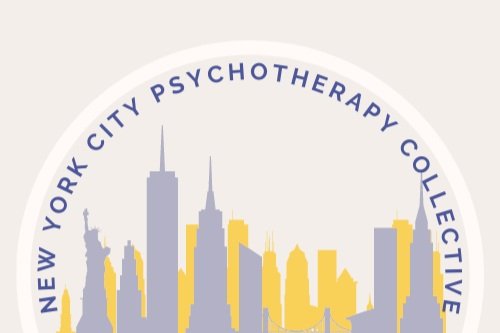July marks an important observance in our calendar: National Minority Mental Health Awareness Month. It's a time dedicated to raising awareness about the unique mental health challenges faced by racial and ethnic minority communities and advocating for better support and resources. In a world where mental health is increasingly recognized as crucial to overall well-being, addressing the specific needs of our ethnically and racially diverse communities is an essential step towards achieving equity in healthcare.
Mental Health Challenges Faced By Minority Communities:
Members of BIPOC communities often face barriers such as cultural stigma, language barriers, and lack of access to culturally competent care. These factors can contribute to disparities in diagnosis, treatment, and outcomes. Here are some challenges to mental health or racial and ethnic groups:
Historical Trauma: Historical experiences of oppression, colonization, slavery, or genocide can have lasting effects on the mental health of minority communities. These collective traumas may be passed down through generations.
Discrimination and Racism: Persistent experiences of discrimination and racism can lead to chronic stress, anxiety, depression, and even trauma. Constant exposure to discriminatory acts can erode self-esteem and contribute to a sense of hopelessness.
Cultural Stigma: Cultural norms within minority communities may stigmatize mental health issues, leading individuals to suppress their feelings or avoid seeking help. This can delay or prevent access to necessary mental health care. This month we aim to foster open conversations about these barriers, share stories of resilience, and promote the importance of seeking support without shame or judgment.
Intersectional Identities: Individuals who belong to multiple marginalized groups (e.g., LGBTQIA+ minorities, disabled minorities) may face compounded discrimination and stressors, further impacting their mental health.
Underrepresentation in Mental Health Research: Research on mental health often does not adequately include minority populations, leading to gaps in understanding and appropriate interventions.
Taking Action Together:
Beyond awareness, advocacy is key to driving systemic change. Minority Mental Health Awareness Month encourages advocacy efforts aimed at improving mental health policies.
Here are a few ways BIPOC individuals and communities can take action during this month to promote awareness and mental health:
Educate Yourself: Through workshops, seminars, and community events, individuals can learn about the signs and symptoms of mental illness, available resources, and strategies for self-care and support. Empowered with knowledge, BIPOC individuals can make informed decisions about their mental health and seek help when needed.
Self-Care: Prioritize self-care activities that promote mental well-being, such as exercise, mindfulness, hobbies, and spending time with supportive loved ones.
Family and Community Support: Leverage support from family members, friends, and community leaders who understand and validate your experiences. Building a strong support network can provide emotional resilience.
Seek Culturally Competent Therapy: Look for therapists who understand the cultural nuances and challenges specific to BIPOC individuals. Culturally competent therapists can provide more effective support.
Here are a few ways allies and organizations can take action during this month:
Create Safe Spaces: Create safe and inclusive spaces within workplaces, schools, and community settings where individuals can openly discuss mental health concerns without fear of judgment or discrimination.
Reduce Stigma and Increase Awareness: Share personal stories of resilience and recovery related to mental health within minority communities to reduce stigma and encourage help-seeking behavior. Engage in conversations with friends, family, and colleagues about the importance of mental health and the unique challenges faced by minorities.
Promote Cultural Competence: Cultural competence in mental health care is crucial for effective treatment. It involves understanding and respecting the cultural backgrounds, beliefs, and practices of the individual.
Whether it's through raising awareness on social media, participating in community events, or supporting organizations that prioritize minority mental health, each of us has a role in paving the way for a future where everyone has the opportunity to thrive mentally, emotionally, and socially. Together, let's shine a light on minority mental health and work towards a healthier, more inclusive world.
At New York City Psychotherapy Collective, we are dedicated to supporting underrepresented and ethnically diverse communities. If you or someone you know is struggling, schedule your free introductory call to find the right fit. Together, we can break the stigma and build a healthier future for all.

